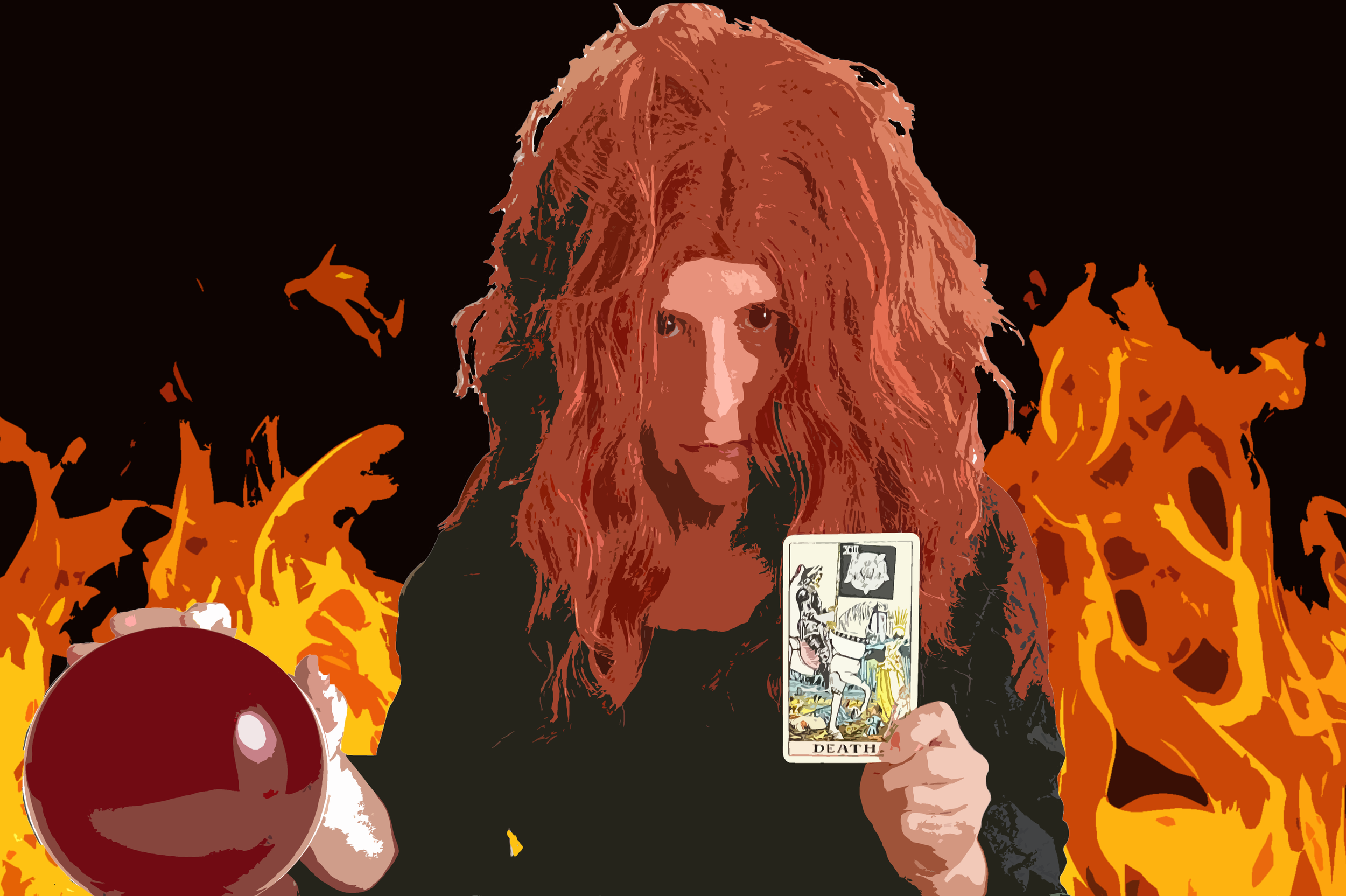
Fate deals - but death holds all the cards -
in Giuseppe Verdi’s opera of unbridled love, lust and revenge
IL TROVATORE
Friday, march 21, 2025 AT 7:30 PM
Sunday, march 23, 2025 at 3:00 PM
When creatives collide: Getting il trovatore from paper to production
Giuseppe Verdi’s operas were often as dramatic in their development as in their performances. With Rigoletto, the composer and his librettist had to delicately tap dance around furious objections from censors over immoral and politically dangerous content. Aida couldn’t debut in Egypt because the Franco-Prussian War trapped its scenery in Paris. The then-retired Verdi’s second-to-last opera, Otello, only made it to the stage after his publisher’s years of relentless hounding brought the composer back to his pen.
A conflict between creatives
With Il Trovatore, Verdi read the source material in 1849 – El Trovador, a play written by Antonio Garcia Gutiérrez – and saw the opera first staged in 1853. The composer was like all of us: He got sidetracked by personal matters and other projects. What really slowed things down were creative differences with his librettist, Salvadore Cammarano – not to mention the writer’s glacial work pace. It was a tale of two ends of the creative spectrum. On one side was Cammarano – the respected, established traditionalist, who wanted to stick with safe themes and operatic conventions. On the other was Verdi – the maverick, who wanted to push the boundaries of both.
Cammarano thought Il Trovador was too, to use modern parlance, “out there.” Verdi, on the other hand, wanted to fully embrace the fantastical elements. This began a long, friction-filled back and forth between the two creatives, including Verdi writing to Cammarano that they should give up on using Il Trovador as the foundation for their opera if the latter wasn’t full of “all of the novel and bizarre characteristics”* of the former.
Fate plays its production hand
That’s when fate stepped in: Cammarano suddenly died with Il Trovatore incomplete. Needing someone to “tie the bow” on the writing and editing, Verdi turned to the young poet Leone Emanuele Bardare. And remember those “other projects”? One of them was the music for what would be La Traviata – for which Bardare, after the success of Il Trovatore, would be tapped to write the libretto.
Remarkably, that’s where the drama ended – from its first staging to today, Il Trovatore has remained an opera house staple.
* Osborne, Charles, “The Opera Lover’s Companion,” Yale University Press, 2004.
